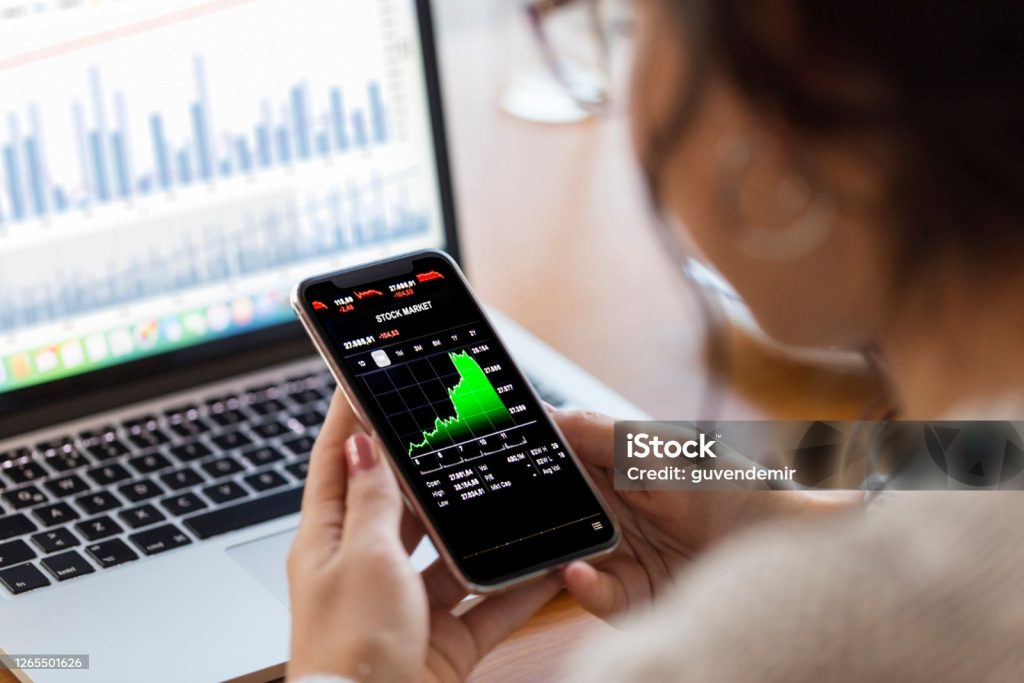The Best Broker For Forex Trading
Our Products & Services

Equity Trading

IPO

Options Trading

Futures Trading

Futures & Options Solutions

Mutual Funds

Commodity Trading

Currency Trading

Inves Tiger App

Portfolio Management Services

Pattern Finder

Algo Solutions

Financing Solutions

NRI Services

Margin Funding
Preferential Services

Traders Cafe

Super Trader

Super Investor

Traders Cafe Classic

Traders Cafe Education
Equity Funds

MF Calculators

Hybrid Fund

One Click SIP

Liquid Fund

Tax Saving Fund
Share Market Course for Beginners
- Trading Techniques and Strategies.
- Portfolio Management.
- Option, Equity & Commodity Trading.
- Financial Planning.
- Swing Trading.
- Trading Psychology.


Share Market Course for Advanced Level
- Trading Techniques and Strategies
- Portfolio Management.
- Option, Equity & Commodity Trading.
- Financial Planning.
- Swing Trading.
- Trading Psychology.
Call for more Info
+91-9175696656
Trading in Options market
Options are not that different from Futures, except for one major factor – the obligatory nature of Futures contracts. Options contracts perform the same function as Futures contracts do for purchasers, by establishing a predetermined future price for an underlying asset, but without the obligation to buy that is included in a Futures contract. best broker for forex trading.
If the buyer decides to execute the Options contract on or before the agreed date, in exchange for an upfront payment from the buyer, the seller has no rights and must sell the assets at the agreed price.
When an Options contract is signed, no actual paper documents are transferred. The stock exchange where the transactions are routed merely records them.
the best broker for forex trading, and commodity trading in India
Heard these Options terms before?
You may encounter many phrases that may seem foreign when investing in the Derivatives (F&O) market. Here are some terms linked to Options that you should be aware of:
Premium
The upfront payment the buyer makes to the seller to take advantage of an Options contract's benefits.
Strike price / Exercise price
The specified price at which an asset may be purchased or sold is known as the "strike price" or "exercise price".
Strike price intervals
Strike price intervals: The various strike prices at which an Options contract can be exchanged are known as strike price intervals. The stock exchange where the assets are traded determines these intervals. Every type of Option typically has at least 11 strike prices declared in a given month, including 5 values above the spot price, 5 below the market price, and 1 price that is the same as the spot price.
In-the-money (ITM) / Out-of-the-money (OTM):
In-the-money (ITM) / Out-of-the-money (OTM): You are in-the-money (ITM) when you can earn a profit by implementing the Option at that time. And you are out-of-the-money (OTM) when you may face losses after exercising the Option at that time.
Example of hedging with Options
Options can be used by corn producers to get a fixed price for selling their harvest. They lessen their risk and ensure they will get the predetermined price by doing this. The farmer would profit from the hedge if the price of corn fell, which would help to make up for any losses from selling the corn at the market. The hedging successfully locks in a fair market price because the gains and losses are balanced out.
Example of speculating with Options
Suppose a Call option on stocks of XYZ Ltd. has a strike price of Rs 500 and a three-month expiration date. The stock is currently trading at Rs 450. You can purchase XYZ stocks at the strike price of Rs 500 under the terms of the Options contract at any time during the next three months. You can exercise your Call option and purchase the stock for Rs 500 only if the strike price increases at any time during the expiration period. By doing this, you can benefit as the Call option approaches in-the-money (ITM).

More about Derivatives products
Futures
Futures are agreements between two parties to trade (buy or sell) a certain asset at a defined price and at a predetermined future date.
Options
On the other hand, Options are contracts that grant the buyer a right rather than an obligation to carry out their end of the bargain.
There are two types of Options trading in India: Call Options and Put Options.
Call Options: With a Call Option, you have the ability to use your purchasing power (at the strike price) before the Options contract expires.
Put Options: A Put Option gives you the option to sell at the strike price before the Option expires.
More about Derivatives products
Highly leveraged investments: Ideal to optimize your earnings
Market is very liquid: Quick orders and no dramatic fluctuations
Fewer charges: Execution costs and commissions are low
Great for diversification or hedging:
More efficient and fair markets:
Options are well suited for
Hedging: By enabling you to buy or sell shares at a predetermined price for a set length of time, you can use them to safeguard yourself against changes in the price of a share. As we’ve seen earlier, Futures are ideal for speculating, sometimes even better than other financial instruments. Although it might seem like it at first, Futures do not carry a higher level of risk than other market instruments like stocks, currencies or commodities.
When trading Futures, you should know that these are highly leveraged instruments and can be used to greatly increase your earnings. Futures and Options are used by hedgers to protect themselves from irrational or quick future price changes in the underlying Cash commodity. Market speculators use Futures & Options to make large profits in a short time span.
